Pakistan struck targets in Iran on January 18, a day after Islamabad warned of “consequences” over Tehran’s attack on the headquarters of the Jaish al-Adl group in the South Asian country.
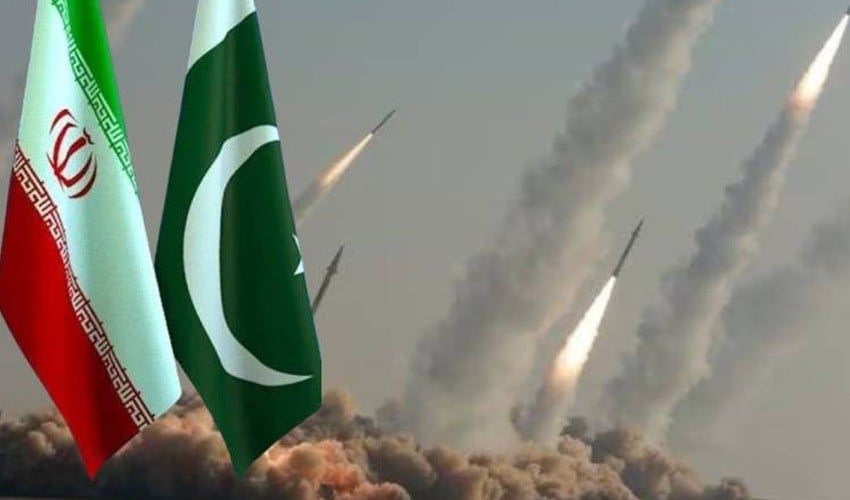 |
| Tensions escalate between Pakistan and Iran as both sides carry out attacks on targets inside each other. (Source: Samaa) |
NDTV quoted a statement from the Pakistani Foreign Ministry stating: "This morning (January 18), Pakistan conducted a series of precision military strikes with specific targets and close coordination against the hideouts of terrorist groups in Iran's Siestan-o-Baluchistan province."
Affirming that "Iran is a brotherly country", Islamabad stressed that this action is "a manifestation of Pakistan's unwavering determination" in protecting national security against all threats.
“The sole objective of today’s action is to pursue Pakistan’s security and national interests, which are paramount and inviolable,” the ministry said.
According to Pakistan's Foreign Ministry, Islamabad "fully respects" Iran's sovereignty and territorial integrity.
However, Islamabad has over the years “repeatedly shared its serious concerns about the sanctuaries being provided by Pakistani terrorists calling themselves ‘Sarmachars’ in ungoverned spaces inside Iran”.
The ministry's statement affirmed that the recent attack was aimed at preventing "imminent large-scale terrorist activities" based on reliable intelligence information.
Times of India and many newspapers reported that Pakistan attacked the posts of two separatist groups, the Balochistan Liberation Front and the Balochistan Liberation Army, near the city of Saravan in Iran's Sistan & Baluchestan province.
There is no information on damage or casualties yet.
Earlier, on January 16, Tehran announced that it had attacked the headquarters of the Jaish al-Adl group in Balochistan province, southwest Pakistan with "missiles and drones", calling it "another decisive step by Iran in response to aggression against national security".
Condemning Iran for "violating its airspace", Pakistan warned its neighbour that such actions could have "serious consequences".
Pakistan then recalled its ambassador to Iran and did not allow Tehran's envoy to return to Islamabad after the airstrike.
In light of the latest developments, AFP quoted Pakistani Foreign Ministry spokeswoman Mumtaz Zahra Baloch as saying that the country's interim Prime Minister Anwar-ul-Haq Kakar will shorten his schedule to attend the World Economic Forum in Davos, Switzerland.
In response to Pakistan's attack, according to Tasnim news agency, Iran's Foreign Ministry summoned Pakistan's charge d'affaires (the highest diplomatic position in the absence of an ambassador) in Tehran to demand "an explanation".
Source


![[Photo] Prime Minister Pham Minh Chinh receives CEO of Standard Chartered Group](https://vstatic.vietnam.vn/vietnam/resource/IMAGE/2025/4/2/125507ba412d4ebfb091fa7ddb936b3b)

![[Photo] Comrade Khamtay Siphandone - a leader who contributed to fostering Vietnam-Laos relations](https://vstatic.vietnam.vn/vietnam/resource/IMAGE/2025/4/3/3d83ed2d26e2426fabd41862661dfff2)
![[Photo] Prime Minister Pham Minh Chinh receives Deputy Prime Minister of the Republic of Belarus Anatoly Sivak](https://vstatic.vietnam.vn/vietnam/resource/IMAGE/2025/4/2/79cdb685820a45868602e2fa576977a0)
![[Photo] Special relics at the Vietnam Military History Museum associated with the heroic April 30th](https://vstatic.vietnam.vn/vietnam/resource/IMAGE/2025/4/3/a49d65b17b804e398de42bc2caba8368)



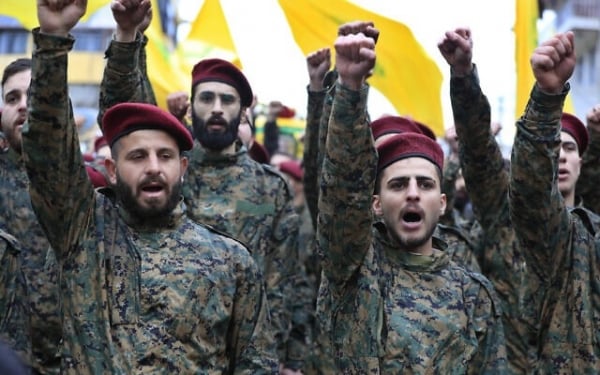
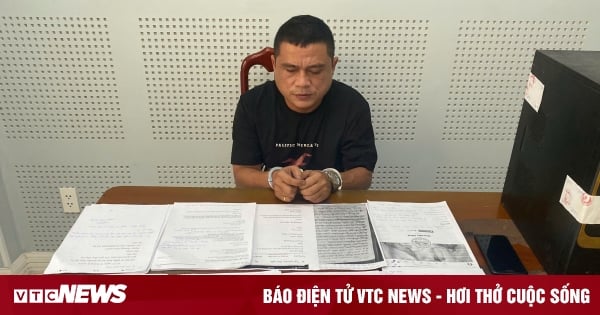

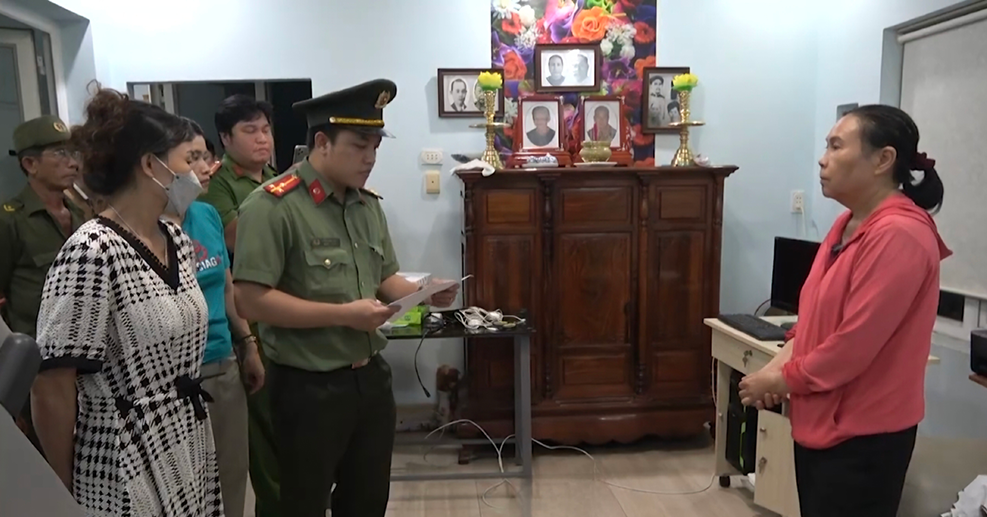
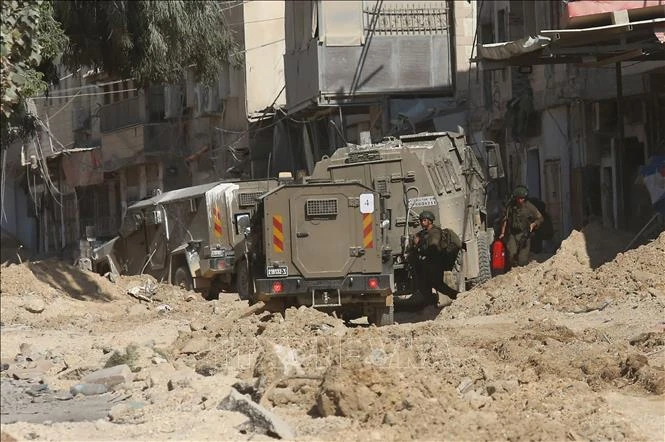

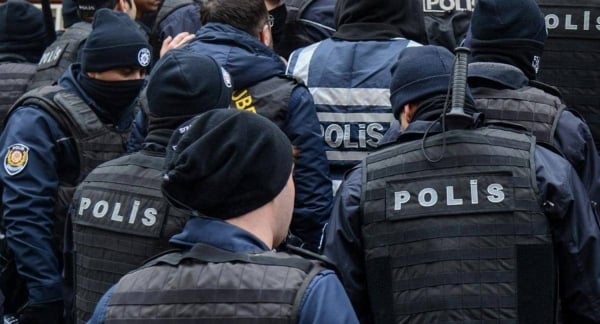

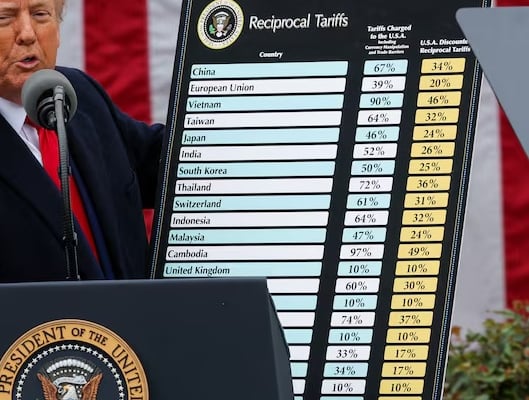
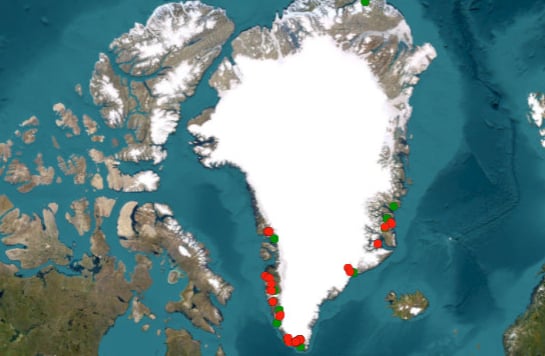
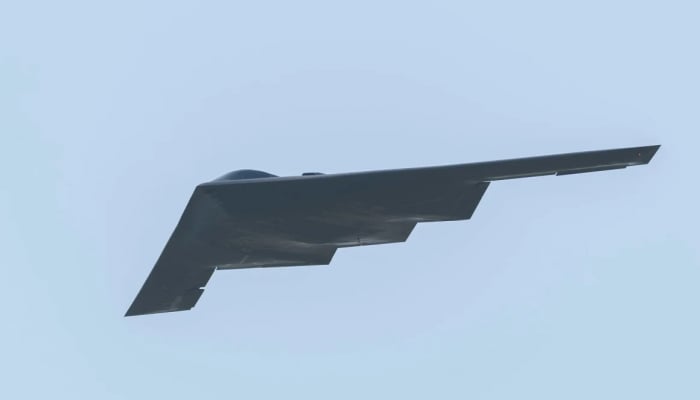
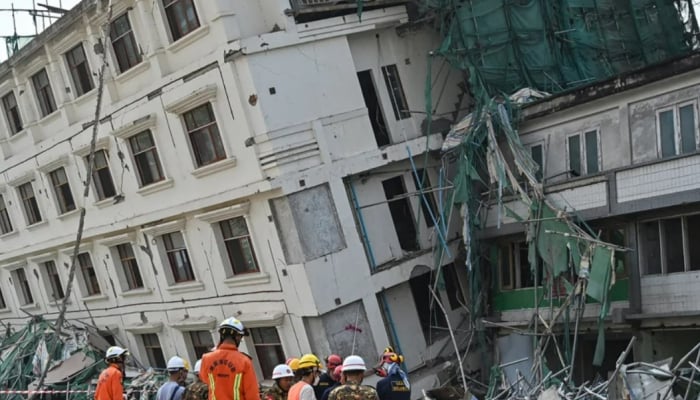





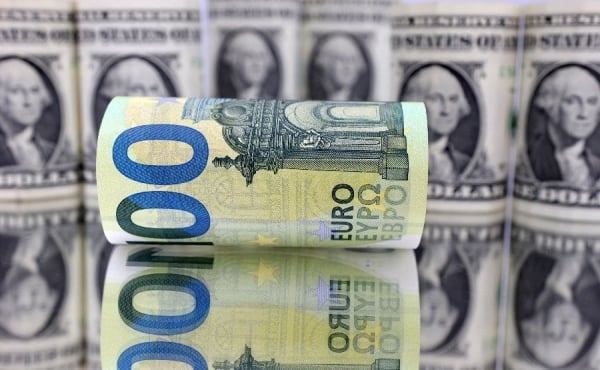
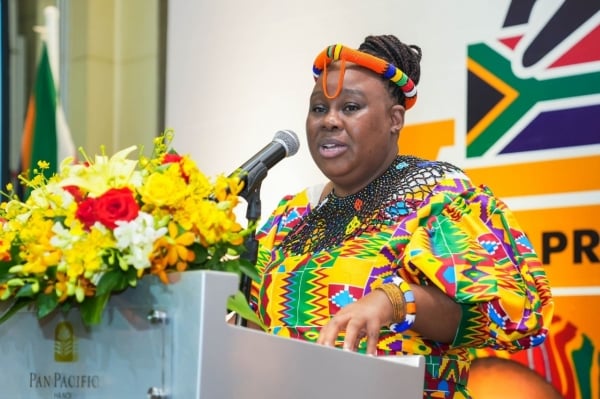


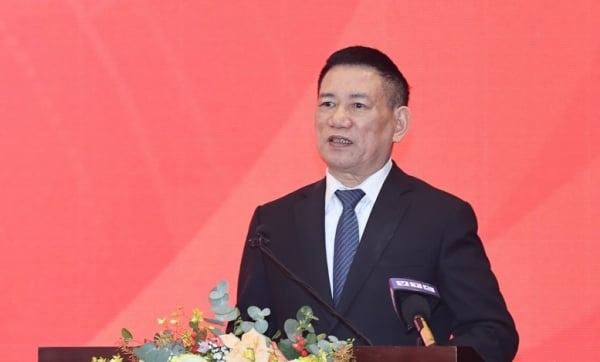
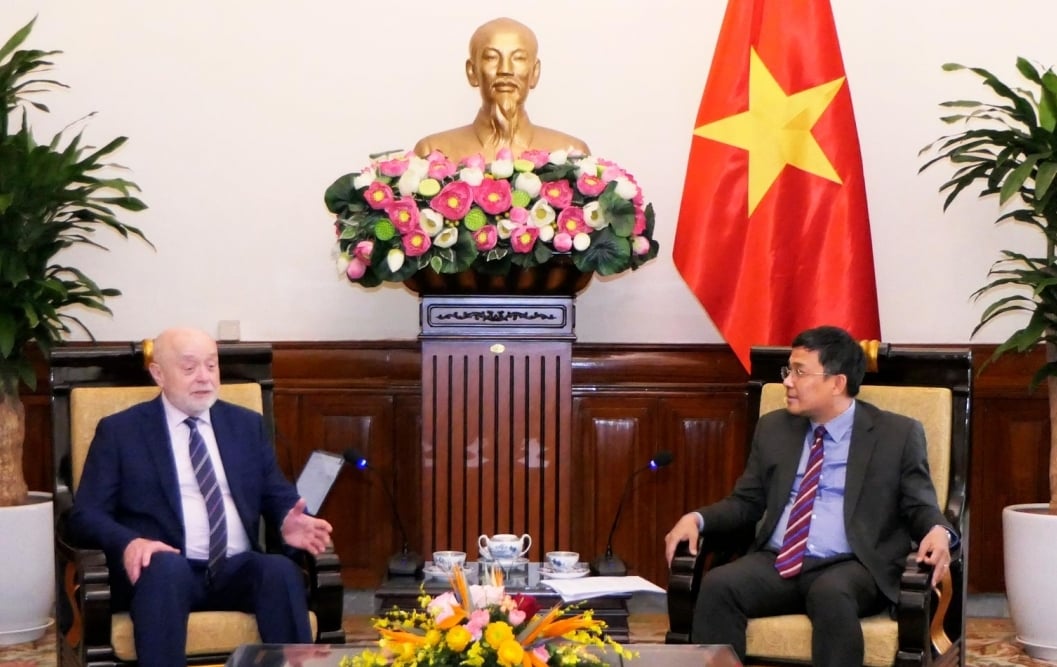
































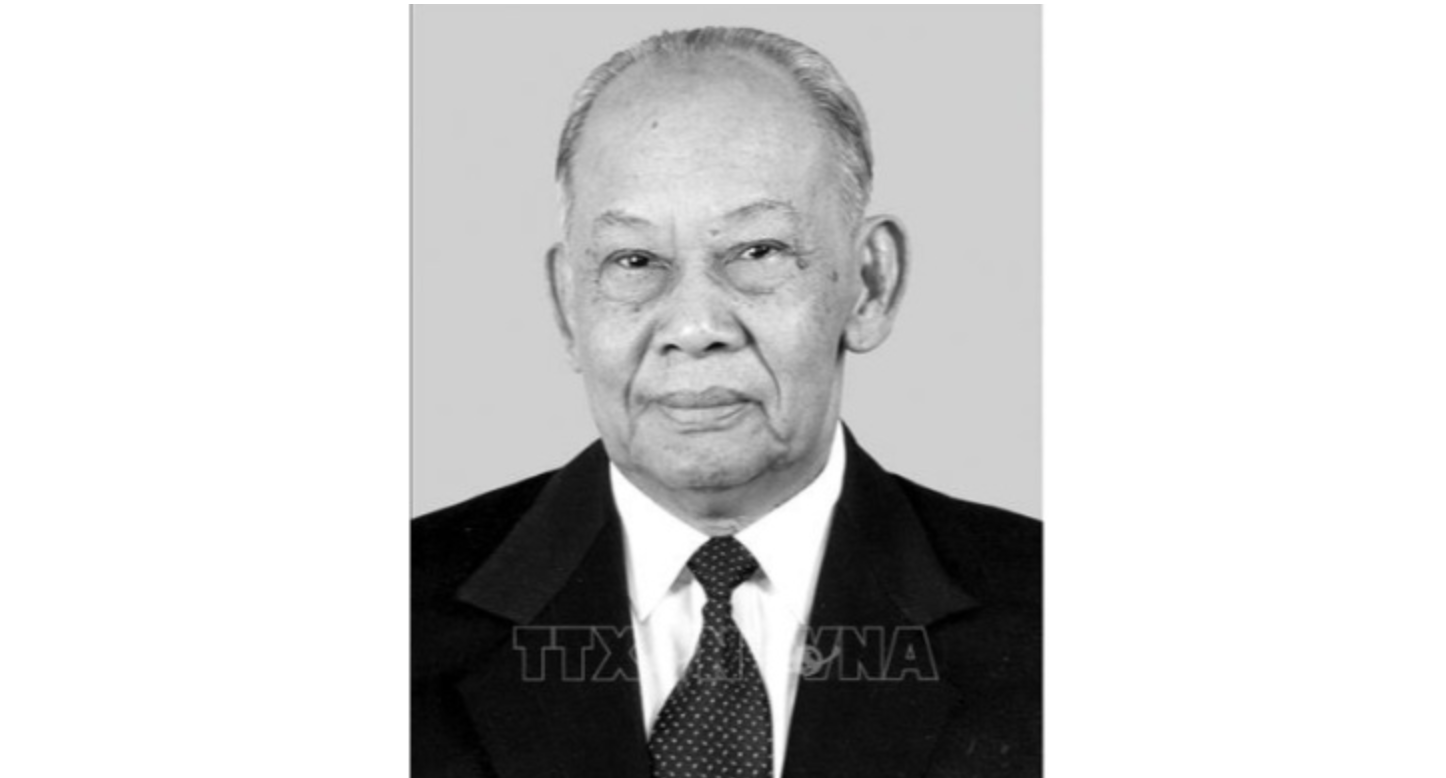


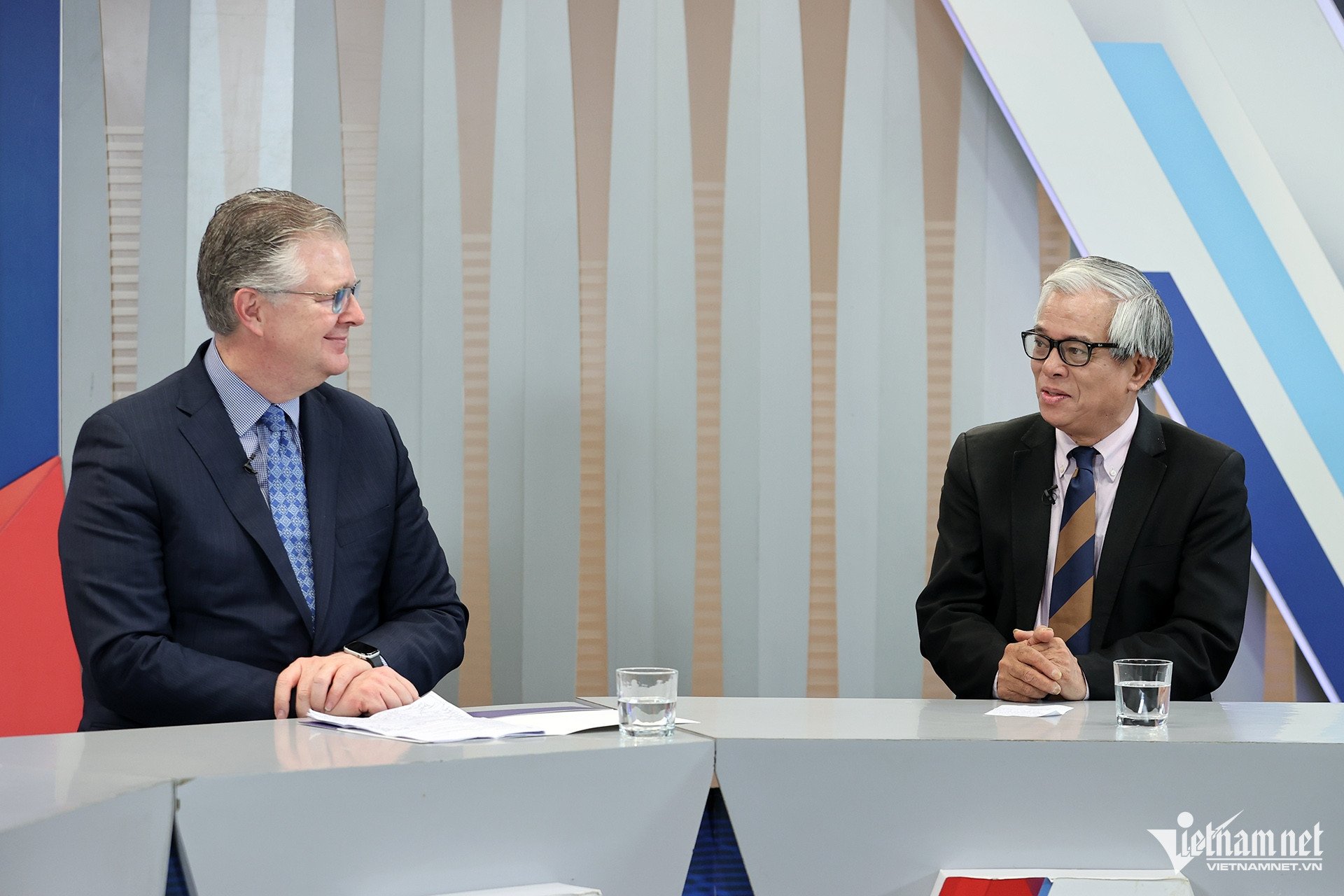





























Comment (0)